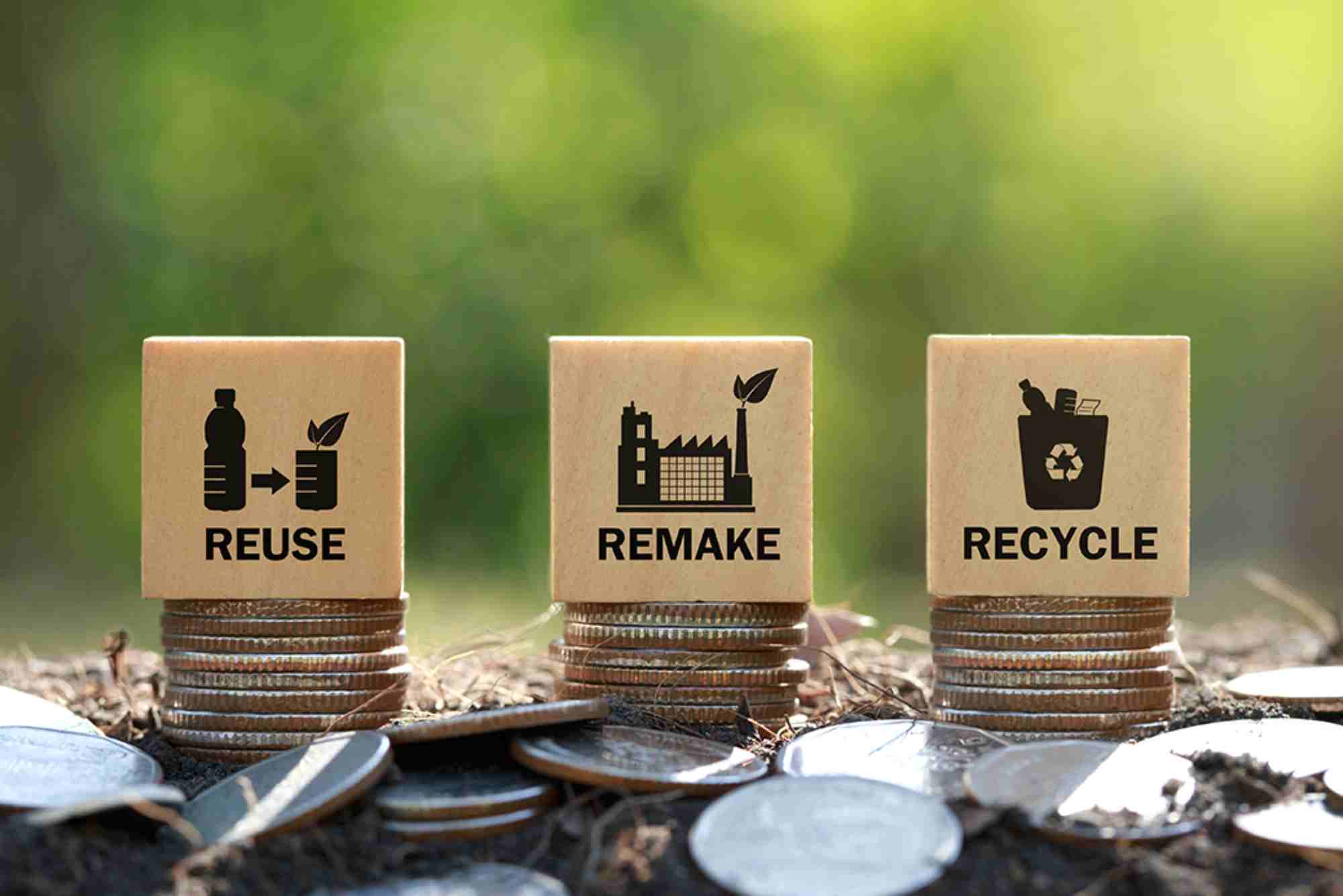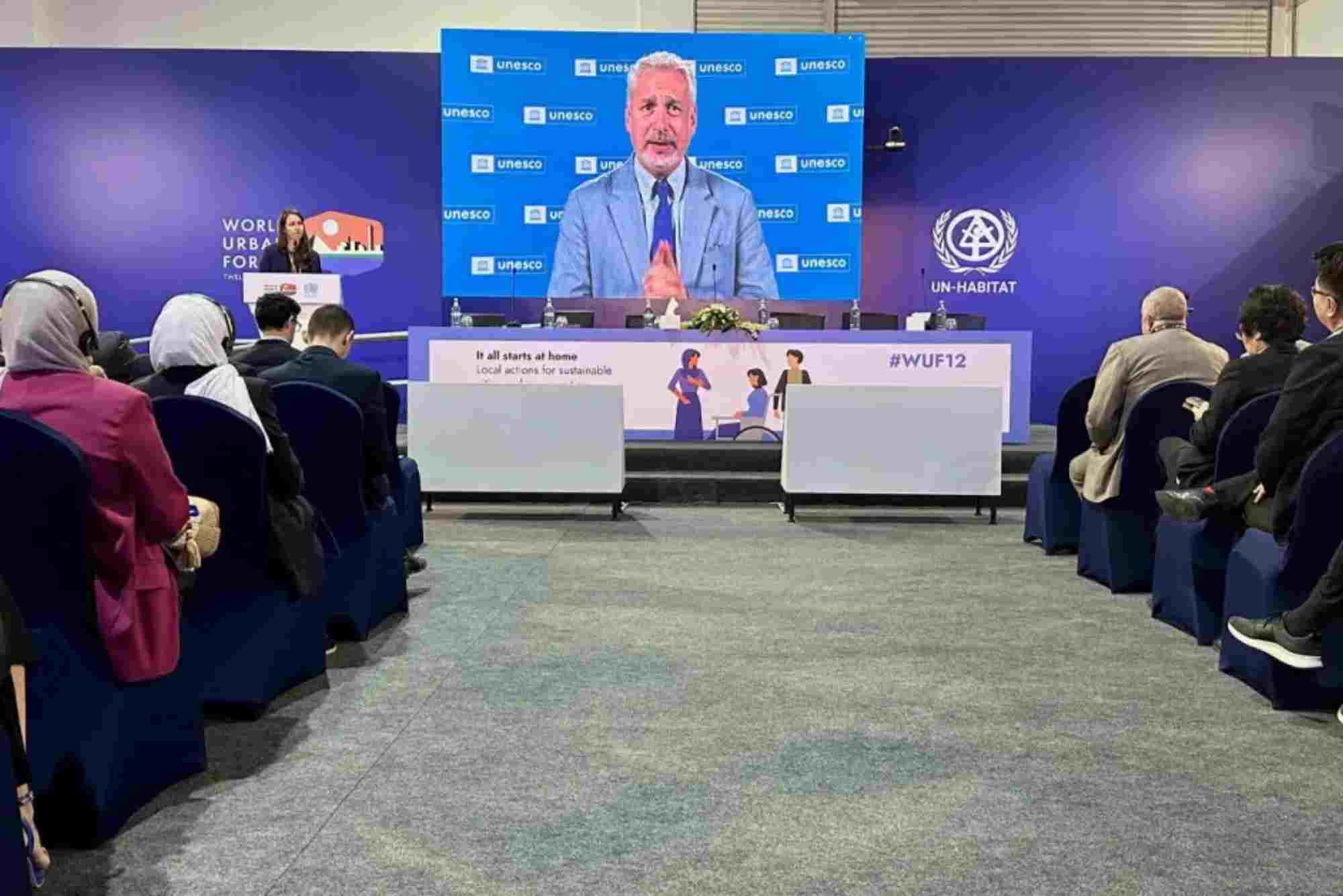FOR IMMEDIATE RELEASE
Investors Commit €50 Million to Accelerate Waste-to-Value Circular Technologies Across Europe and Asia
Una Terra Fund Aims to Eliminate One Million Tons of Plastic Waste and Cut Two Gigatons of CO₂ by 2030
MILAN, Italy – November 20, 2025– Venture-capital firm Una Terra today announced the first close of its Circular Economy Growth Fund at €50 million (US $54.5 million), capitalizing on surging investor demand for scalable waste-to-value technologies. The fund will back growth-stage companies that convert municipal, industrial and plastic waste into high-value materials, energy and recycled feedstock, positioning circularity as a profit engine rather than a compliance cost.
The raise arrives as the global waste-to-energy market is projected to reach $54.3 billion by 2028, up from $42.3 billion in 2023, according to the European Investment Bank. Una Terra’s vehicle is already 40 percent deployed, with stakes in UK-based Pulpex (molded-fiber packaging), AI analytics provider Greyparrot and circular-fashion platform Another Tomorrow. A final close is targeted for 2026, when managers expect total commitments to exceed €150 million.
> “We see sustainability not as a cost, but as an opportunity for additional value creation,” said Luca Zerbini, CEO and Managing Partner of Una Terra. “By pairing deep-tech solutions with experienced operators, we can monetize waste streams while eliminating the emissions that linear business models leave behind.”
The fund’s impact targets are audacious: remove one million tons of plastic waste—equivalent to 100 billion PET bottles—and avoid two gigatons of CO₂, comparable to taking 430 million cars off the road for a year. Portfolio companies must demonstrate at least 30 percent year-on-year revenue growth and a pathway to EBITDA-positive within 36 months, ensuring financial returns keep pace with environmental gains.
Limited-partner backers include CDP Venture Capital’s Green Transition Fund, the Prince Albert II of Monaco Foundation, Deutsche Nachhaltigkeit and several European family offices. Their participation reflects a broader shift in institutional capital toward “planet-positive” asset allocation; BlackRock’s Circular Economy Fund alone has attracted US $1.2 billion since its 2024 launch, while Singapore’s Circulate Capital recently deployed its $50 million debt facility for South-Asian recycling infrastructure.
> “Our future depends on our capacity to scale up solutions for more resilient societies in the face of climate change and biodiversity loss,” said Oliver Wenden, Vice-Chairman of the Prince Albert II of Monaco Foundation. “Bold funds like Una Terra reconcile economy, finance and sustainability in a single investment mandate.”
Una Terra will write €3–10 million tickets into Series B and C rounds, reserving follow-on capital for international expansion. Priority verticals include advanced chemical recycling, bio-based packaging, landfill-mining robotics and AI-driven waste analytics. Managers require portfolio firms to embed life-cycle carbon accounting and science-based targets, aligning with the EU’s forthcoming Circular Economy Act and the UN Global Plastics Treaty expected to be finalized in 2026.
Market tailwinds are strengthening. The European Commission estimates that full circularity could add €1.8 trillion in annual GDP by 2030, while McKinsey finds circular supply chains can reduce input costs by up to 25 percent for consumer-goods firms. Against that backdrop, Una Terra projects net IRRs in the high-teens for its LPs, driven by both top-line growth and premium exit multiples for cleantech champions.
Media Contact
Sarha Al-Mansoori
Director of Corporate Communications
G42
Email: media@g42.ai
Phone: +971 2555 0100
Website: www.g42.ai







